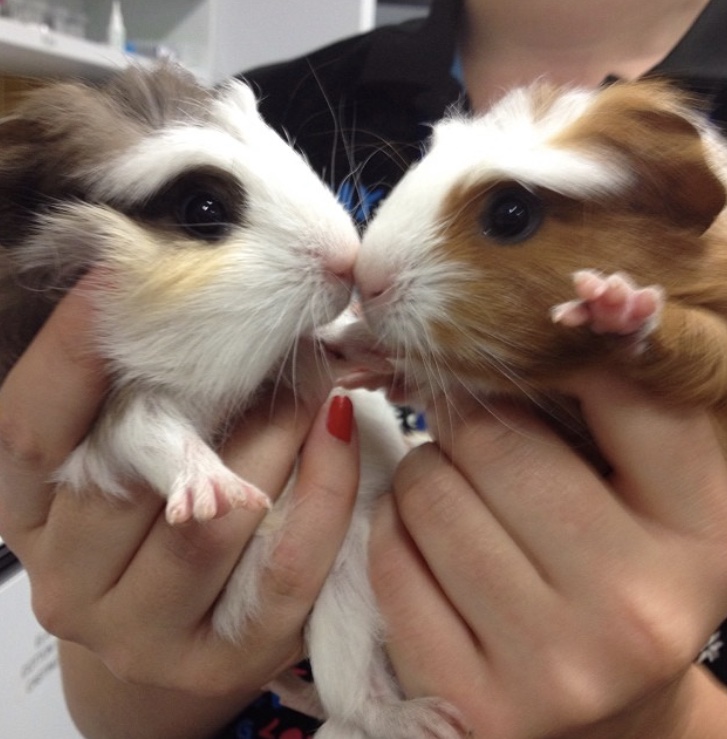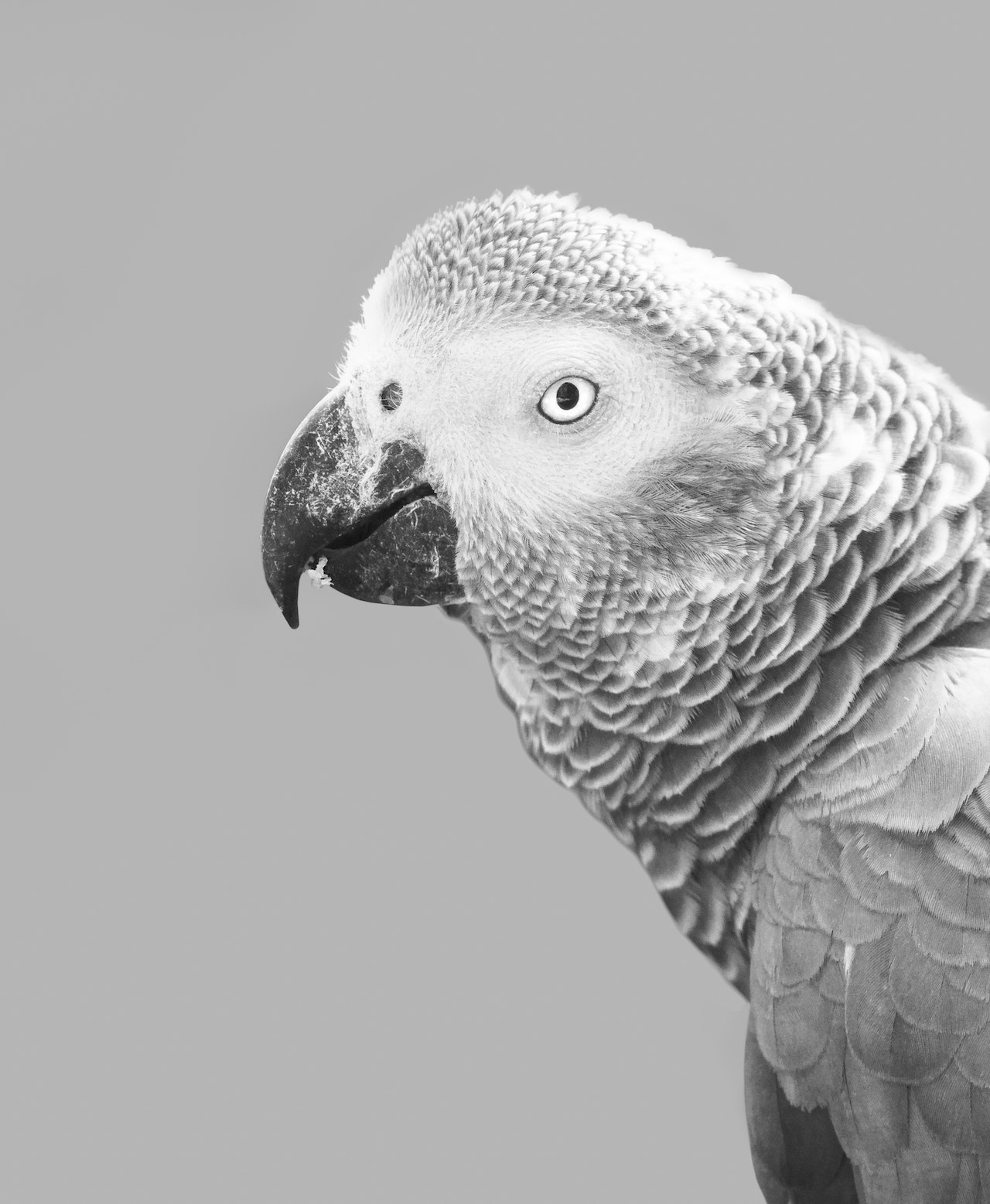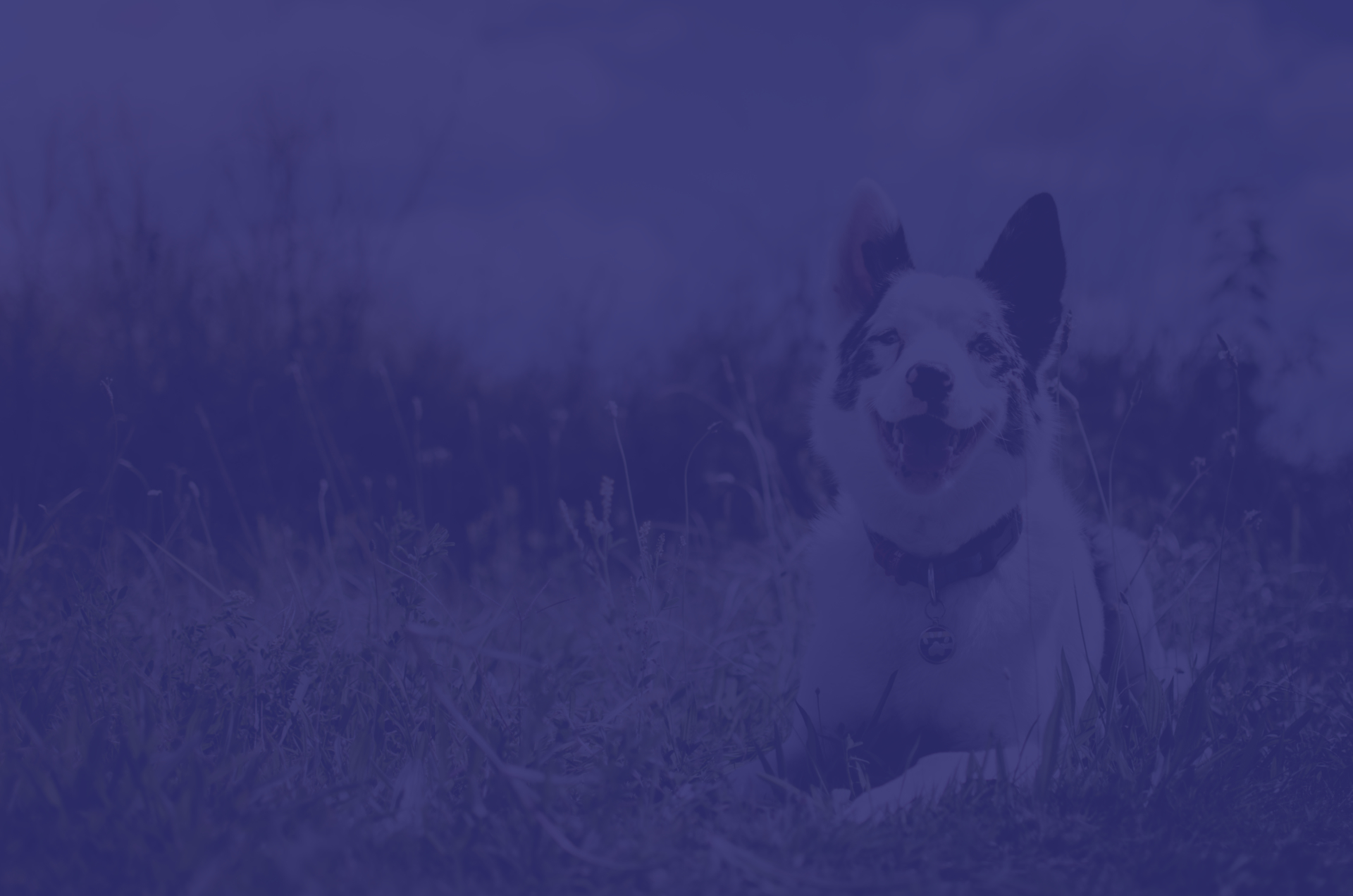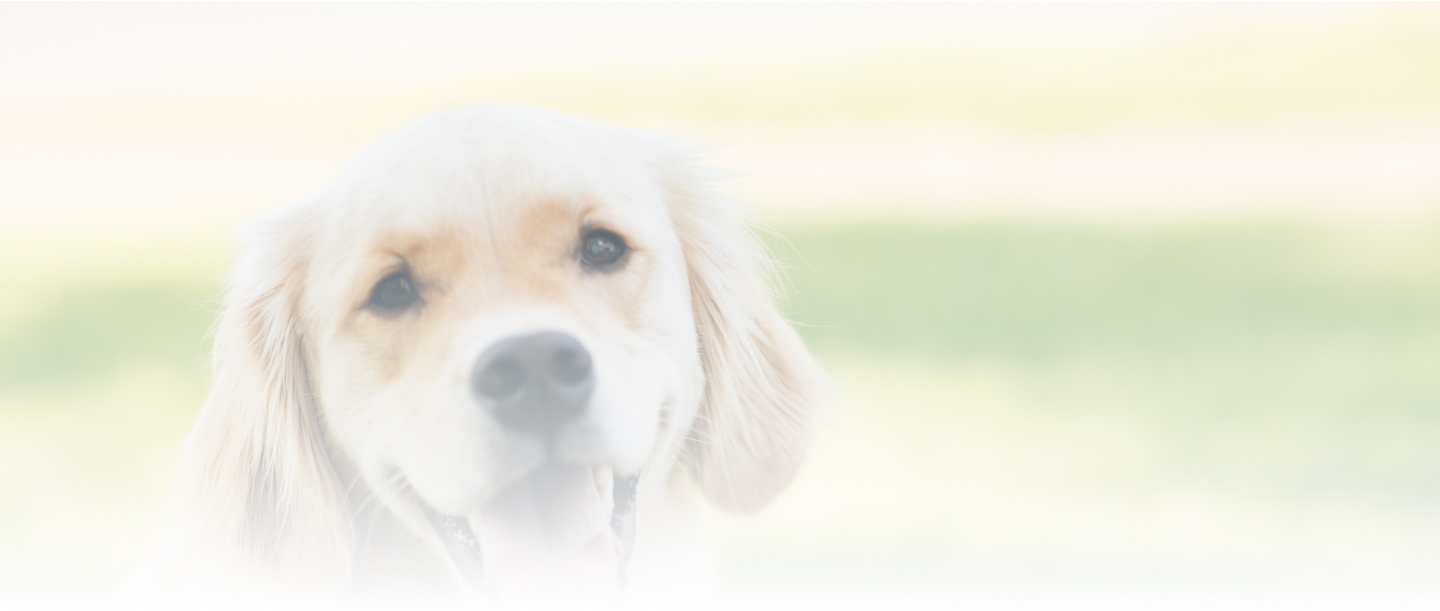Pocket Pets and Exotics
Regular health check-ups and preventatives are just as important health for your pocket pet as it is for dogs and cats. Regular check ups allow us to catch any illness early and we can inform you of the newest and best options in pet medicine.
Guinea Pigs
Lice/mites are quite common in guinea pigs. They may be picked up from new bedding (eg. hay, straw) or other guinea pigs. Some lice are visible to the naked eye and cause intense itchiness and scabs.
Dental Care and Feeding
Guinea pigs have teeth that continually grow hence overgrown incisors (front teeth) and molars (cheek teeth) can occur. It is a good idea to feed a range of food types from an early age such as fresh fruit and veggies, good quality hay and occasionally pellets. This will not only help them receive all the nutrients they require, but help wear down their teeth so they dont overgrow.
Desexing
Desexing your Guinea Pig is recommended. It ensures a calm temperament and reduces the likelihood of some serious diseases. Guinea Pigs can start breeding at 6-8 weeks of age and may be desexed at 5-6mths of age.
Nail trimming
Guinea Pigs have continuously growing nails that need to be trimmed regularly.


Birds
Having a bird as part of your family is a considerable responsibility, as they are totally dependant on you for their food, water, shelter and good health. Birds on a poor diet and in a non-stimulating environment can have a reduced lifespan.
Feeding
A balanced diet is the most important part of a healthy bird’s life. The common problems that are seen by veterinarians include obesity, egg binding and vitamin A deficiency.
Many birds are fed seed as their sole diet: birds love this as it is interesting to open and often high in fat, therefore tasty. But dried packaged seeds are low in vitamins (especially A) To provide a balanced diet, many other foods need to be offered daily. Vegetables especially green vegetables are extremely important. Good examples of green vegetables include spinach, silver beet, endives, parsley and celery. Fresh grasses, milk thistle, dandelion and fresh fruits are also great. Good quality bird pellets can be used instead of seed.
Environment
Many birds enjoy baths or showers and even enjoy going into the shower with their owners. Avoid using soaps when your bird is with you. Alternatively spray lightly with a spray bottle or hose on a fine mist spray. Birdbaths can be provided, but it is best not to leave them in cages all the time, as birds the water may very quickly become soiled.
Birds also need a full spectrum of light. Sunlight through a closed window is not adequate as vitamin D is absorbed from natural sunlight. Birds also need to have at least 10-12 hours in total darkness each night. If a bird is kept in a room that is used at night, then a blackout cover is needed. For many species of birds the period of darkness may be varied during the year to mimic natural seasons.
Perches
Poor perches commonly lead to sores on bird’s feet. In the past sandpaper was recommended to shorten nails, in fact all it manages to do is cause sore feet. Perches should be made of natural wood branches of varying sizes and not doweling or plastic.




